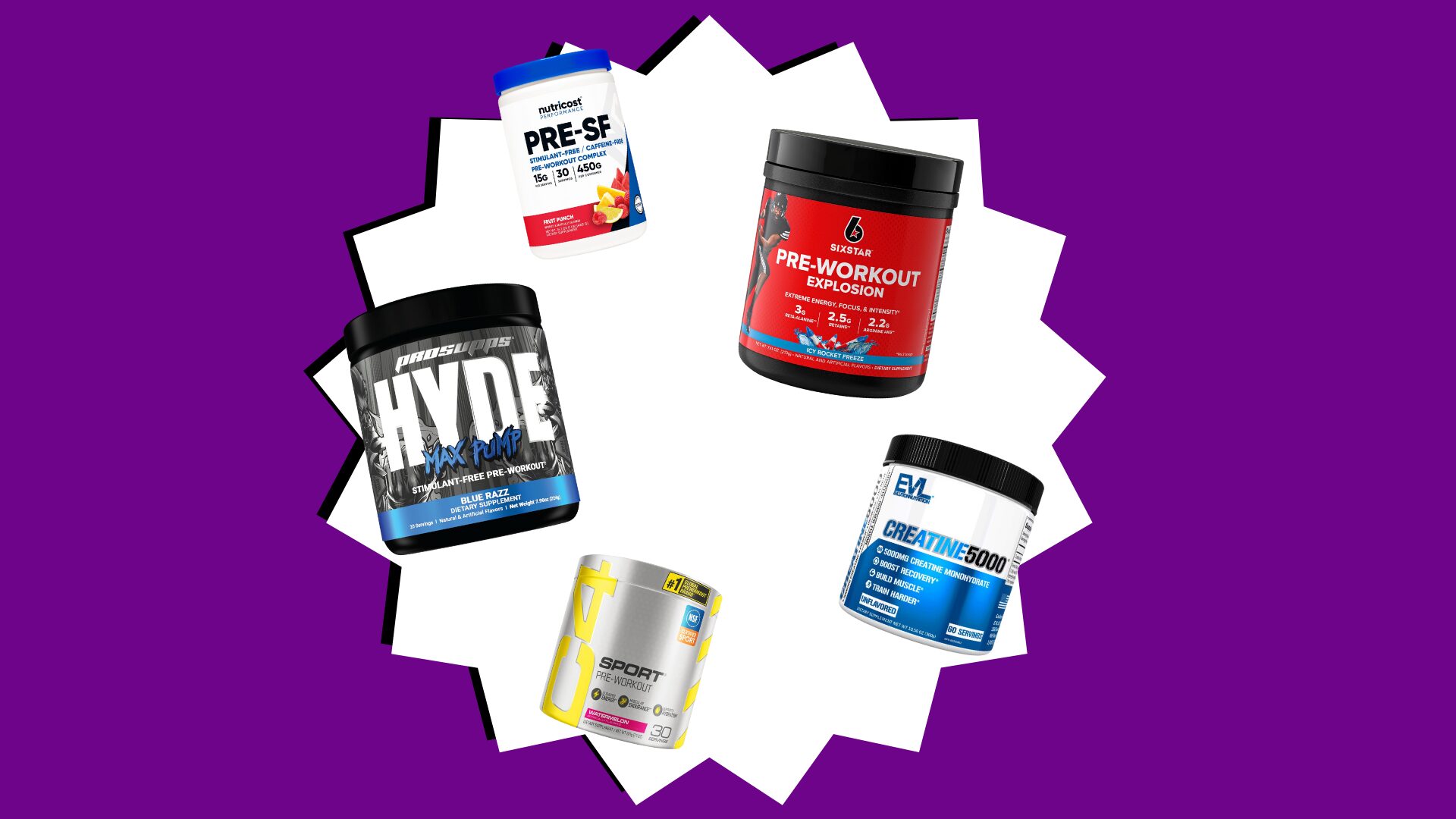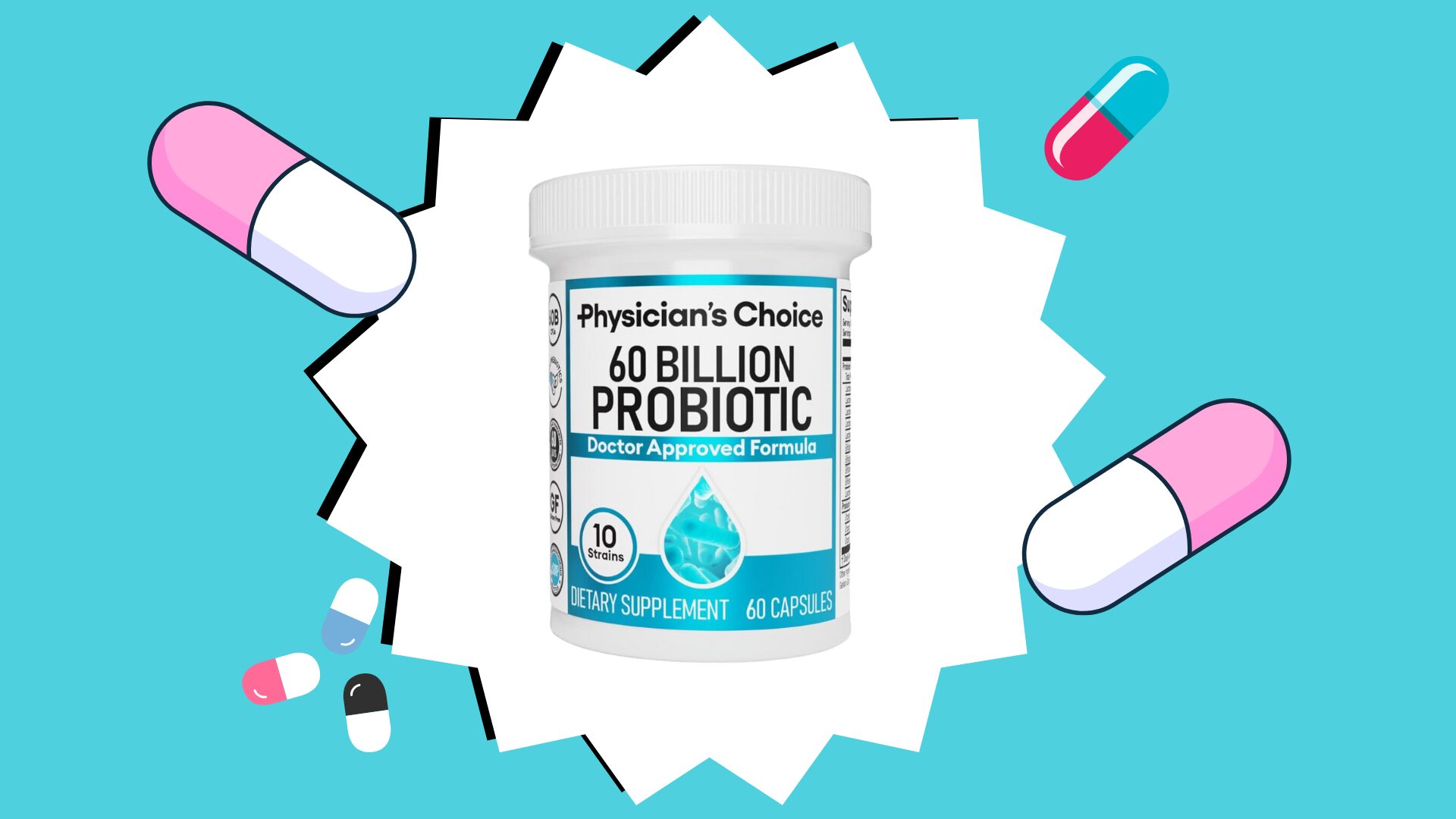Learn how to reduce pre-workout itchiness with effective strategies to minimize discomfort and maximize performance during your workout.
The Ultimate Guide to Weight Loss Gummies
The Ultimate Guide to Weight Loss Gummies – Discover how these tasty supplements can support your weight loss goals and improve your overall wellness.
Can You Mix Vitamin D and Vitamin C Supplements?
Can you safely combine Vitamin D and Vitamin C supplements? Learn about the benefits, risks, recommended dosages, and interactions in this informative article.
Top 10 Pre-Workout Supplements
Discover the top 10 pre-workout supplements to boost energy, focus, and performance in your workouts! Find the perfect supplement for your fitness goals.
Top-Rated Weight Loss Supplements for Hypothyroidism
Discover the top-rated weight loss supplements specifically designed for individuals with hypothyroidism. Boost metabolism, burn fat effectively, and reach your weight loss goals!
Best Protein Supplements for Women for Weight Gain (2024)
Discover the best protein supplements for women’s weight gain in 2024. Explore top choices, ingredients, benefits, and tips for achieving your fitness goals.
10 Best Pre-Workout Foods
Looking for the best pre-workout foods to fuel your gym session? Check out our list of the top 10 options for energy and stamina! Let’s crush that workout together.
Top 5 Pre-Workout Powders: A Comparative Review
Discover the top 5 pre-workout powders on Amazon! Boost your energy, build muscle mass, and improve endurance with these top-notch supplements.
Best Probiotic Supplement on Amazon | Physician’s CHOICE Probiotics 60 Billion CFU Review
Improve your gut health with Physician’s CHOICE Probiotics 60 Billion CFU. Backed by scientific research and expert physicians, this probiotic supports digestion, relieves digestive issues, and maximizes gut colonization. Trust in its quality and take control of your gut health today.
The Essential Vitamins and Supplements for Women’s Health
The Essential Vitamins and Supplements for Women’s Health: Boost immunity, improve bone health, and promote overall wellness with these essential nutrients. Empower and nourish your body for a vibrant life.










